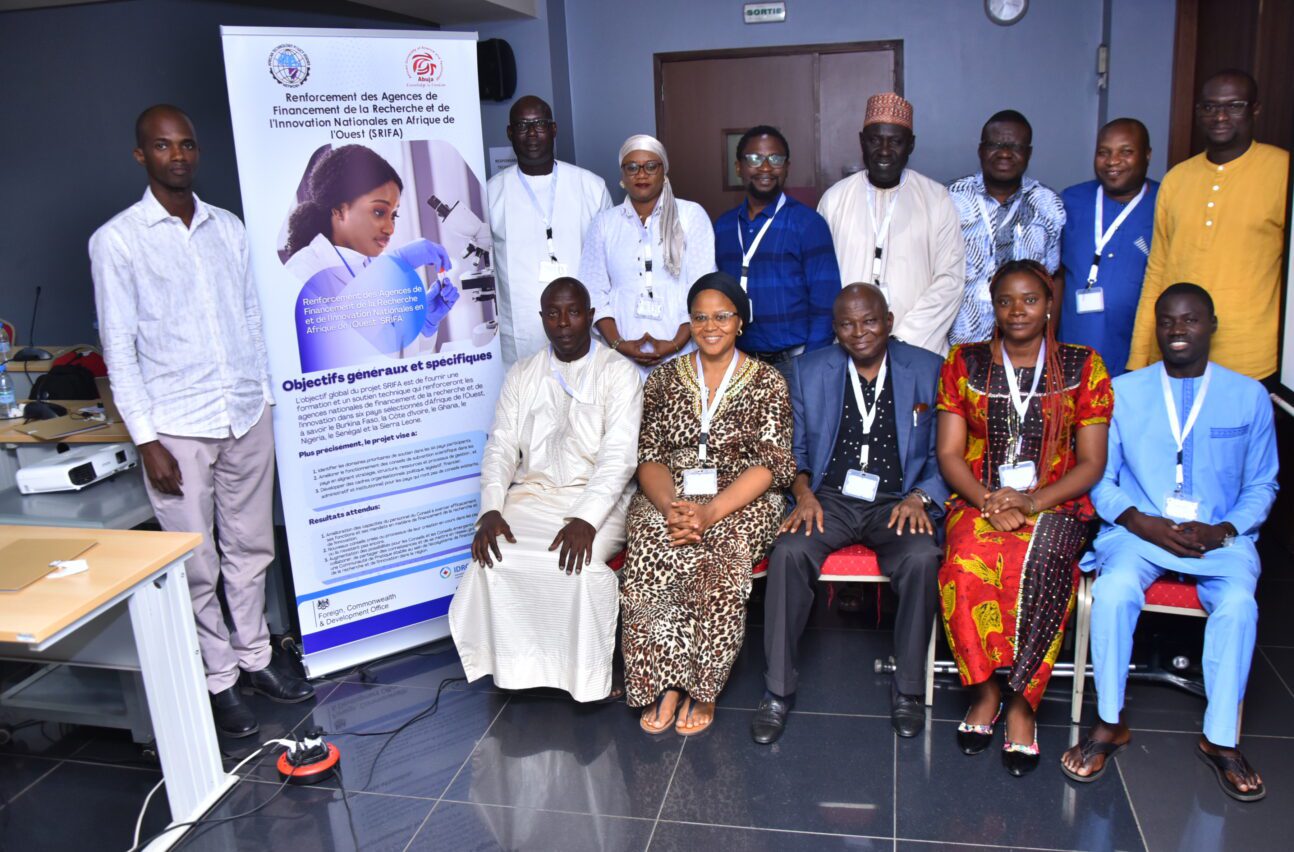SGCI News
Mozambique’s new science, technology and innovation policy aims to drive sustainable development and productivity. By Francis Kokutse Mozambique’s new science, technology, and innovation (STI) policy will drive economic growth and…
- Mozambique approves key science, tech and innovation (STI) policy
- The policy aims to grow science and technology capacity for sustainable development
- SGCI funded a review of the country’s STI policy
Mozambique’s new science, technology and innovation policy aims to drive sustainable development and productivity.
By Francis Kokutse
Mozambique’s new science, technology, and innovation (STI) policy will drive economic growth and sustainable development while addressing societal challenges, researchers say.
Approved by Mozambique’s cabinet on 21 May, the policy aims to leverage STI to achieve sustainable development and productivity in Mozambique.
“The policy represents the government’s commitment to strengthening and building the requisite scientific and technological capabilities for sustainable development,” said Sergio Pereira, an auxiliary researcher at the Mozambican Ministry of Science, Technology, and Higher Education.
The policy was developed with the support of the Science Granting Councils Initiative (SGCI) Evidence in Policy (Evi-Pol) project and will be implemented by the Mozambican Ministry of Science and Technology.
Darryn Whisgary, research manager at the Centre for Science, Technology, and Innovation Indicators and lead of SGCI’s Evi-Pol project, said SGCI provided financial support to Mozambique’s National Research Fund (Fundo Nacional de Investigação, or FNI) to draft it.
Whisgary said the SGCI team guided representatives from the Mozambican ministry throughout the policy development process and were now collaborating with Mozambique’s FNI to organise multi-stakeholder events to discuss the policy’s implementation.
He said the SGCI’s Evi-Pol project funded a comprehensive review of the STI policy, led by expert consultant John Ouma Mugabe, from the University of Pretoria in South Africa,

Mugabe said the policy adopts an integrated and holistic approach to respond to complex local, national, and global challenges.
“Though previous approaches and efforts have yielded some results, they have not had a transformative effect on the economy and citizens of Mozambique,” he said.
“The SGCI Evi-Pol project played a fundamental role in developing the new policy to meet Mozambique’s key development goals.”
Rose Entsua-Mensah, former director-general of Ghana’s Council for Scientific and Industrial Research, said STI policy provides the framework to create the institutions and harness the available science, technology, and innovation capacity for economic and social development.
She believes there is a need to build broad-based civic and political constituencies for STI policy.
“This involves establishing platforms for science-society-policy dialogues to help democratise research and development priority-setting, leverage private sector investments into STI for SDGs, and establish public scrutiny for STI,” she said.
Related News
Events | News | Upcoming event
Science Forum South Africa 2024
The Department of Science and Innovation invites you to save the date for the upcoming Science Forum South Africa (SFSA) 2024, which will be held from 4 to 6 December at the CSIR International Convention Centre in Pretoria. The theme for the Forum is Igniting…
Strengthening national research and innovation funding agencies in West Africa
The African Technology Policy Studies Network (ATPS) and the African University of Science and Technology (AUST) have kicked off a series of events to boost research and innovation funding in West Africa. The activities started in Senegal with meetings on fundraising, grant call online management…
Ugandan researchers offer lifeline to bakers
Ugandan researchers have come up with a simple set of guidelines to help bakeries comply with food safety standards – potentially saving them from closure. The new standards for bread and cake production were designed to be practical and easily understood by all bakers, regardless…



